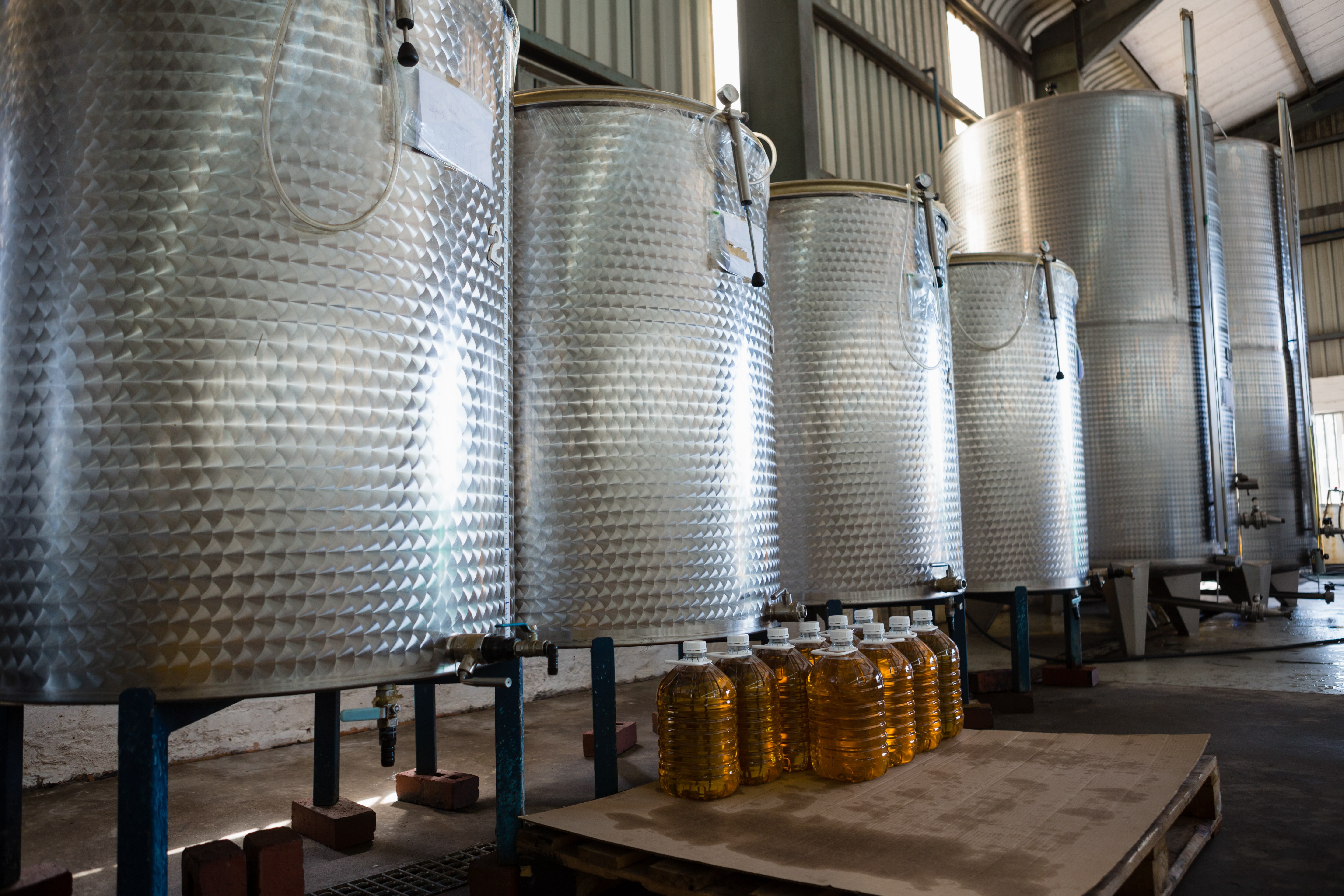In 2025, soft commodities such as grains, pulses, and edible oils are not merely commodities traded by the ton; they have evolved into critical strategic assets that influence global food security, sustainability efforts, and product innovation. Businesses and governments alike are grappling with a landscape shaped by climate change, geopolitical tension, evolving regulations, and shifting consumer expectations. To succeed, companies must look beyond price fluctuations and understand the broader impact and importance of these raw materials.
This article explores the current market realities, emerging trends, and why strategic sourcing and quality management are vital for companies aiming to thrive today and tomorrow.
Market Overview: Current Price Landscape and Volatility
While prices are not the sole factor shaping decisions, they remain a key indicator of market stress and supply-demand balance. As of mid-2025, global commodity prices reflect ongoing disruption:
- Palm oil prices in Malaysia hover around $945 per metric ton, down 6.2% year-on-year. The drop is due to Indonesia’s aggressive biodiesel policy, which diverts a substantial share of palm oil to fuel production, tightening food supply but stabilizing overall prices amid slower demand from China.
- Sunflower oil from Ukraine commands approximately $1,125 per metric ton, up 8.4% year-on-year. Despite recovery from earlier Black Sea shipping disruptions, geopolitical tensions continue to constrain exports, driving prices upward.
- Soybean oil in Argentina is priced at around $1,020 per metric ton, increasing 3.1% year-on-year. Demand from biodiesel sectors and adverse weather in the U.S. Midwest have supported prices.
- Staple grains such as wheat and corn are also seeing price increases—wheat at $270/MT (up 10.7%) and corn at $255/MT (up 5.9%)—reflecting droughts in major growing areas and heightened biofuel demand.
This price volatility illustrates the underlying fragility of global supply chains and the increasing difficulty in predicting and stabilizing commodity markets.
Beyond Price: The Strategic Importance of Soft Commodities and Edible Oils
Food Security and Supply Chain Resilience
Soft commodities are fundamental to feeding the world’s population, which is expected to exceed 8.5 billion by 2030. Yet recent climate extremes — including severe droughts in the U.S. and South America and floods in Asia — have disrupted harvests, reducing output and increasing the risk of shortages.
Moreover, geopolitical tensions and export restrictions, particularly in Ukraine and India, have reduced the availability of key commodities, pushing governments worldwide to stockpile reserves and reconsider trade policies.
For businesses, this means that supply reliability and traceability are as crucial as cost. Companies that adopt diversified sourcing, invest in supply chain transparency, and plan for contingencies will maintain operational continuity and avoid the risk of product shortages or sudden cost spikes.
Sustainability and Ethical Sourcing: Market and Regulatory Imperatives
Regulatory landscapes have shifted dramatically in 2025. The European Union’s Deforestation Regulation (EUDR), now enforced, demands that all agricultural commodities entering its market, including palm oil, soy, and cocoa, are sourced without causing deforestation.
Additionally, growing consumer awareness has driven demand for responsibly sourced, sustainable products. Certifications like RSPO (Roundtable on Sustainable Palm Oil) and ISCC+ have become essential benchmarks.
Companies that fail to meet these ESG (Environmental, Social, and Governance) standards risk losing market access, investor confidence, and consumer trust. Ethical sourcing is no longer a compliance exercise — it is a business growth strategy that differentiates brands and fosters long-term resilience.
Fueling Innovation Through Quality Inputs
In an increasingly competitive market, product innovation depends heavily on the quality and consistency of raw materials. From food and beverage companies to industrial manufacturers, slight variances in the quality of oils, grains, or polymers can affect product performance, shelf life, and consumer acceptance.
The rise of plant-based diets and functional foods, for example, has heightened the need for specific fatty acid profiles and traceable origins in edible oils. Similarly, industrial sectors require high-grade solvents and polymers that meet precise technical specifications.
Businesses that partner with suppliers offering certified, consistent, and traceable inputs gain the agility needed to innovate quickly and reliably.
The Role of Strategic Sourcing Partners in 2025
Navigating this complex landscape requires expertise and agility. Strategic partners like Tiblon enable companies to:
- Secure diversified, certified supply chains across multiple origins, reducing dependency on single sources and mitigating geopolitical and climate risks.
- Ensure compliance with evolving regulations and sustainability criteria, providing documentation and digital traceability to satisfy audits and consumer expectations.
- Provide integrated logistics and project management, overcoming shipping delays, customs challenges, and fluctuating demand to guarantee on-time delivery.
- Collaborate on product innovation, offering raw materials tailored to precise specifications and supporting R&D with market insights and technical expertise.
Looking Ahead: The Future of Soft Commodities and Edible Oils
The challenges of 2025 are shaping the commodity markets of the next decade:
- Climate adaptation technologies and sustainable agricultural practices will become essential to stabilize production and protect supply chains.
- Regulatory demands will tighten globally, making transparent, sustainable sourcing standard practice rather than the exception.
- Growing middle classes in emerging markets will increase demand for edible oils and grains, requiring more agile and diversified sourcing strategies.
- Digital supply chain tools — from blockchain traceability to AI-driven forecasting — will become critical to managing complexity and ensuring resilience.
Conclusion
Soft commodities and edible oils today are more than inputs priced on a global market — they are strategic resources that underpin food security, sustainability, and innovation. Businesses that understand this holistic value and invest in quality sourcing, transparency, and partnership will not only weather volatility but also build resilient supply chains that drive growth.
Tiblon’s comprehensive approach, spanning certified sourcing, regulatory compliance, advanced logistics, and technical collaboration, positions it as a trusted partner for companies aiming to lead in this dynamic environment.


.svg)

.png)
.svg)